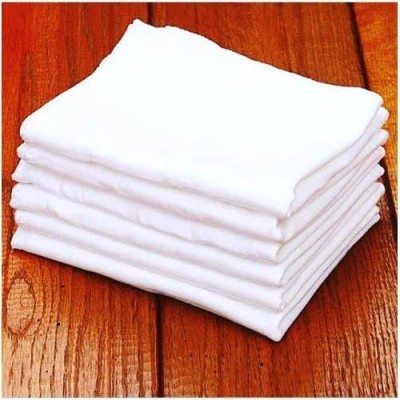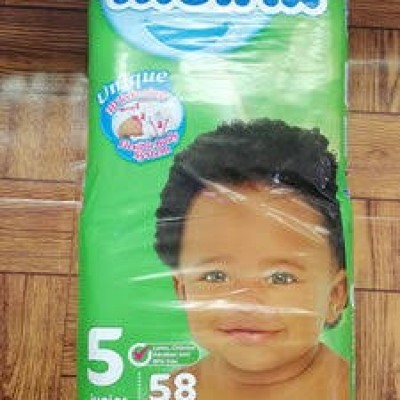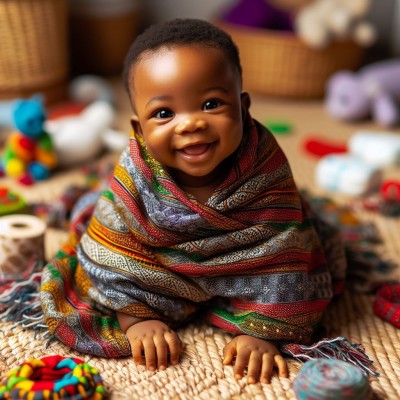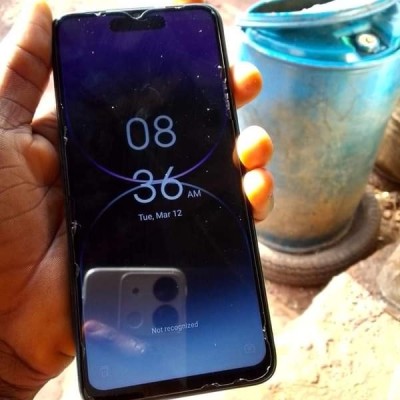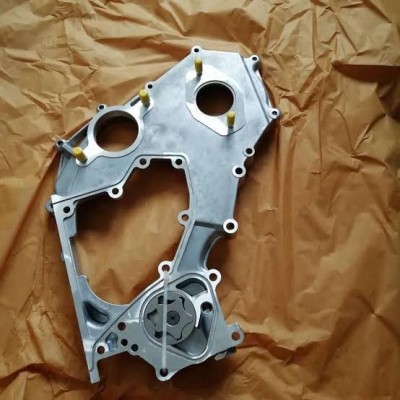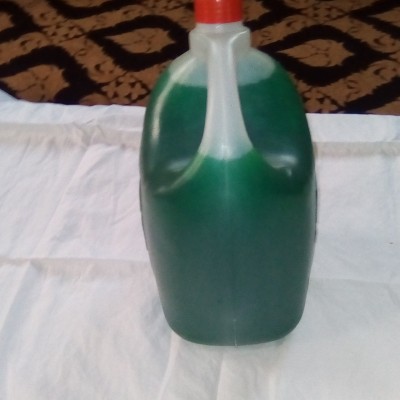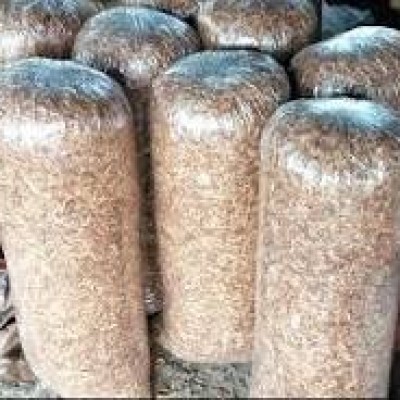STORY TITLE: From Napkins to Diapers and Back
How a Mother Chose to Save Money and Preserve Her Culture (Story inspired by the current prices of Baby Diapers)
Nkechi smiled as she folded the white napkins and placed them in a basket. She had bought them at a very cheap price from the market, and they had served her well for her three children. She washed them every day and dried them under the sun, making sure they were clean and soft for her babies. She loved the feeling of wrapping her babies in the napkins, knowing they were comfortable and secure.
She remembered how her mother had taught her how to use the napkins, how to fold them, how to pin them, how to change them. She had learned from her mother, who had learned from her mother, and so on. It was a tradition that had been passed down for generations, and Nkechi was proud to continue it.
But things were changing. She had seen the new baby diapers that were being sold in the shops and advertised on the radio. They were disposable, easy to use, and claimed to be more hygienic and convenient. Some of her friends had switched to them, and they praised them for saving them time and energy. They said the diapers were better for the babies, as they prevented rashes and infections.
Nkechi was curious, but also skeptical. She wondered how the diapers could be good for the environment, if they were thrown away after one use. She wondered how they could be good for the babies, if they were made of synthetic materials and chemicals. She wondered how they could be good for the mothers, if they were so expensive and hard to find.
She had checked the prices of the diapers once, and she was shocked. They were more than ten times the price of the napkins, and they came in different sizes and quantities. She had seen brands like Molfix, Pampers, and Huggies, and they all had different features and benefits. She had heard that the average price of a dozen of washable and reusable baby diapers in Nigeria was ₦5,000, while the average price of a pack of disposable diapers was ₦6,000. She had calculated that she would need to spend at least ₦24,000 a month on diapers, if she wanted to use them for her baby.
She shook her head. She could not afford that. She had other expenses to take care of, like food, rent, school fees, and medical bills. She had to save money for the future, for her children's education and welfare. She had to be wise and frugal, like her mother and grandmother had taught her.
She decided to stick to the napkins. She knew they were reliable and economical. She knew they were good enough for her babies, as they had been for her and her siblings. She knew they were part of her culture and identity, and she did not want to lose that.
She picked up the basket of napkins and walked to the nursery. She saw her baby sleeping peacefully in the crib, wrapped in a napkin. She smiled and kissed his forehead. She whispered, "You are my precious gift, and I will always give you the best I can. You don't need those fancy diapers, my darling. You have these napkins, and they are made with love."
She thought of the old saying, "The rejected stone is now the chief corner stone." She felt it was true for her and her napkins. They had been rejected by many, but they were still the chief for her. They were her treasure, and she would not trade them for anything.
.
.
.
© Emmanuel Omai
